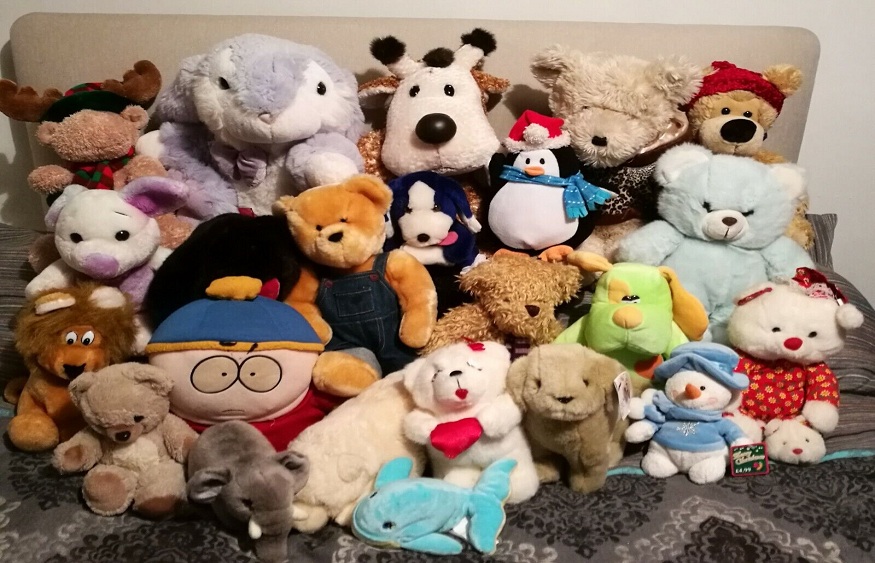Soft toys have been a staple in the lives of small children for generations. These cuddly companions provide more than just comfort; they play a significant role in a child’s emotional and psychological development. From teddy bears to plush animals and beyond, these soft toys hold a special place in the hearts of young ones and contribute to their overall well-being. The article explores the emotional and psychological benefits of incorporating soft toys in small children’s lives, and Shop And the Little Dog Laughed Online offers a fantastic selection to choose from.
Comfort AndSecurity
For many small children, soft toys provide comfort and security. These plush companions are there to hug, hold, and snuggle when a child is feeling scared, sad, or anxious. Holding a soft toy can release oxytocin, the “feel-good” hormone, which helps reduce stress and promote a sense of calmness and safety.
Expression OfEmotions
Young children often find it challenging to articulate their feelings verbally. Soft toys become a medium for children to express their emotions and thoughts. Whether happy, sad, angry, or afraid, a child may project their feelings onto their soft toy, facilitating a healthy emotional release and providing a way to process their experiences.
Imagination AndCreativity
Soft toys ignite a child’s imagination and stimulate creativity. These huggable companions become characters in a child’s make-believe world, inspiring various scenarios and stories during playtime. This imaginative play helps develop cognitive skills, problem-solving abilities, and social understanding as children uniquely interact with their soft toys.
Nurturing AndEmpathy
A soft toy to care for nurtures a child’s sense of responsibility and empathy. Children often mimic their caregivers and parents when interacting with their soft toys. Through this role-playing, they learn about caregiving, compassion, and emotional reciprocity, fostering emotional intelligence from a young age.
Transition AndComfort During Separation
Challenging situations may arise in a child’s life when they encounter transitions, such as commencing school or daycare or coping with parental absence. Soft toys are familiar and reassuring during these transitions, providing comfort and easing separation anxiety. The familiar scent and touch of the toy can help a child feel connected to their home and family even when they are physically apart.
Coping With Stress AndTrauma
Soft toys can be powerful tools in helping children cope with stress and trauma. In times of distress, these cuddly companions offer stability and emotional support. Many children turn to their soft toys for solace when facing challenging situations, allowing them to process their feelings safely and comfortably.
Development OfSelf-Identity
Soft toys often become a part of a child’s identity and are cherished possessions representing a sense of self. These toys accompany a child through various developmental stages, serving as constant companions and witnesses to their growth and experiences.
Conclusion
Soft toys hold far more significance for small children than mere playthings. They are emotional anchors, nurturing a child’s comfort, security, and self-identity. These cuddly companions’ emotional and psychological benefits are crucial in a child’s development.
As caregivers, parents, and educators, we must recognize the significance of soft toys in a child’s life and encourage their presence. These cuddly companions provide support during challenging times, foster emotional intelligence, stimulate creativity, and aid in overall emotional and psychological well-being. So, let us celebrate the simple yet profound magic of soft toys in nurturing the hearts and minds of our small children.










